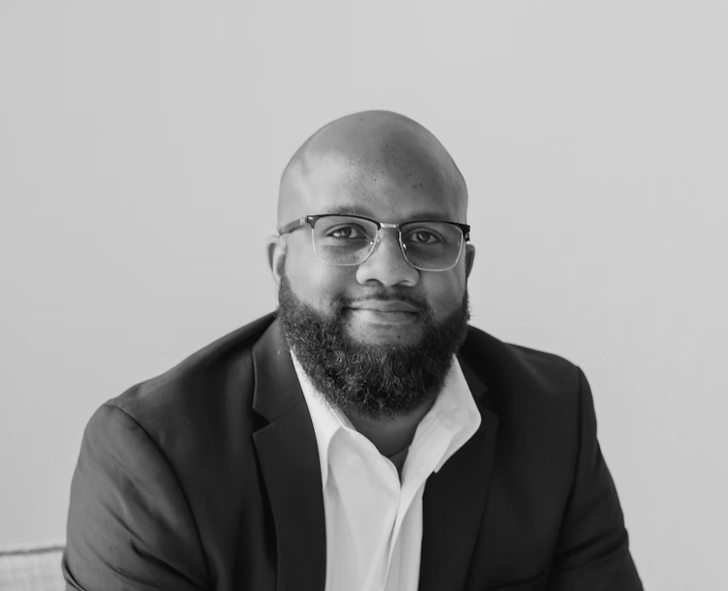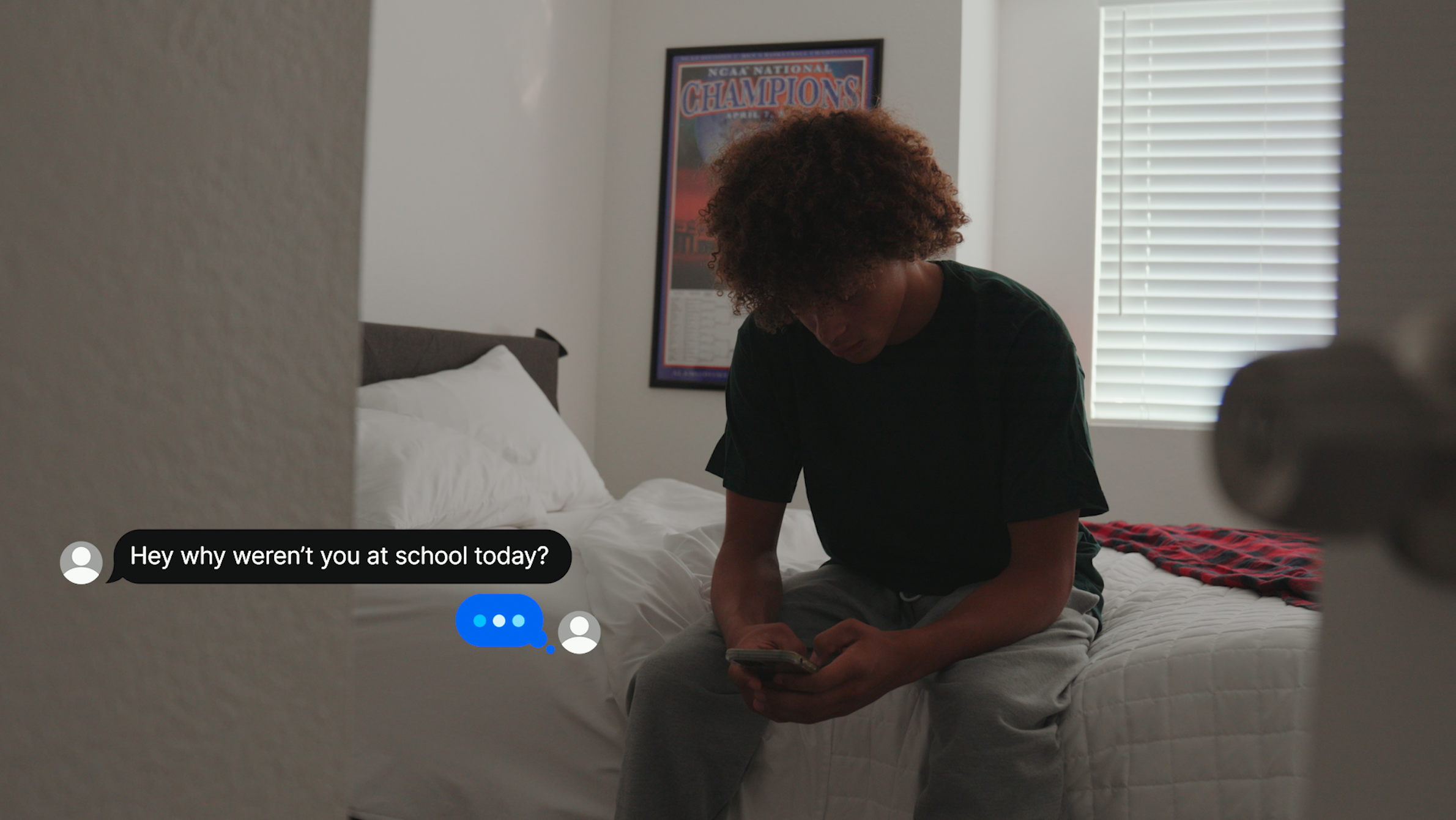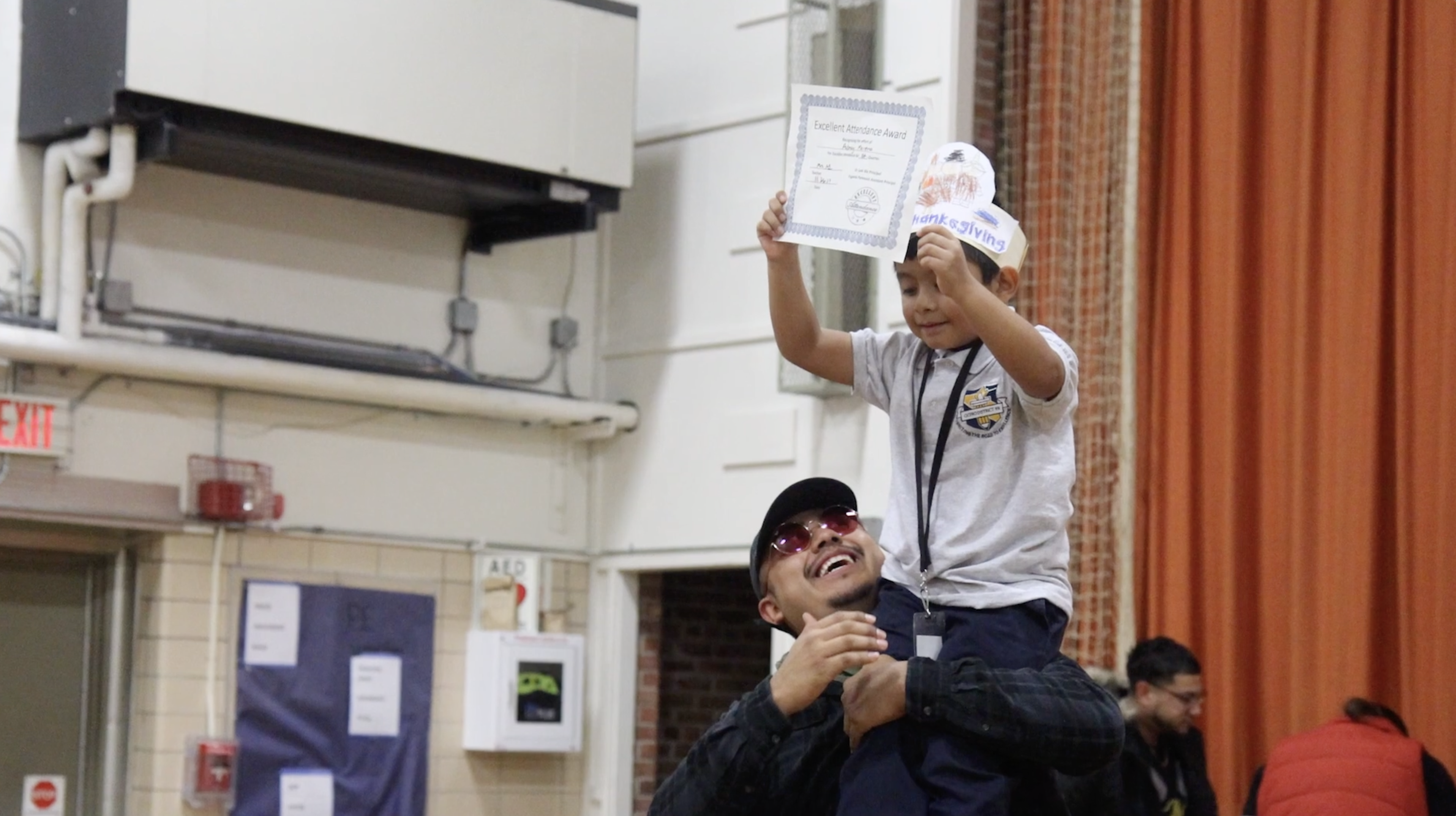Building a Suicide Prevention Protocol: Insights from Wayne-Westland
Schools are often the first line of defense in supporting student mental health and preventing youth suicide. Recognizing this responsibility,...
5 min read
Care Solace Feb 11, 2025 2:11:21 PM

The demand for culturally relevant and equitable care has never been more pressing. Dr. Aaron Henderson, a therapist, professor, and social justice advocate in Colorado Springs, is leading the charge to create inclusive environments where every student feels truly seen and supported.
His commitment to this work runs deep. Together with his mother Gené Henderson, he co-leads Henderson Consulting, carrying forward a family legacy of advocacy and care. As a counseling professor, he also inspires future mental health professionals, especially BIPOC students who feel seen and represented by someone who shares their lived experiences.
His response to his students is simple but powerful: "My work won’t be finished until you’re here, teaching this class."
Culturally relevant care recognizes and respects the diverse backgrounds, values, and lived experiences of individuals seeking support. For many students, cultural identity fundamentally shapes their worldview, emotional expression, and coping mechanisms. When mental health support fails to recognize these cultural dimensions, it can create barriers to trust and healing.
Dr. Aaron Henderson, shares, “What many minoritized communities experience is the need to water down their needs and desires to fit the system. To provide culturally relevant care means meeting clients exactly where they are, without asking them to compromise their identities or experiences.”
This approach made all the difference for families like Darlene's, who was connected to Dr. Henderson through Care Solace.
For her, finding a Black male therapist for her son was a non-negotiable. She knew her son needed someone who could innately understand his experiences without requiring lengthy explanations or context. Dr. Henderson recalls, “When I heard the urgency in their voices, I knew I had to help. It’s about showing families that they don’t have to settle for less.” This kind of connection can make all the difference in a student’s willingness to engage in care. When young people see themselves reflected in their care providers, they're more likely to open up, engage fully in the healing process, and achieve lasting outcomes.
Discover more about how Care Solace helps school districts provide culturally relevant, wraparound mental health support.
As Dr. Henderson explains: “Equity means more than just opening the door. It means asking, ‘Does this door even work for this family? Is it accessible? Does it reflect their values and their identity?’”
Creating truly equitable schools starts with building diverse teams that reflect our multicultural society and equipping staff with the awareness, knowledge, and skills to serve their communities effectively:
The Multicultural Counseling Competencies:
To put these competencies into practice, Dr. Henderson teaches a powerful tool called P.A.N.ing (Pay Attention Now), which helps educators recognize and challenge their unconscious biases. In this exercise, participants examine their immediate assumptions about a picture or situation and distinguish between fact and assumption.
For example, in one exercise, participants view an image of four people in swimsuits. Many immediately assume all four are women—a judgment often based on societal conditioning rather than fact. Through P.A.N.ing, educators learn to pause, question their initial perceptions, and distinguish between what they see and what they assume. As Dr. Henderson explains:
"We need to PAN, not focusing on how others are getting it wrong, but reflect on what assumptions we personally make daily and how they may not be truth."
This reflective practice can have a profound effect in educational settings, helping teachers and staff create more inclusive and equitable environments for students.
Dr. Henderson emphasizes that the number one healing ingredient in counseling will always be the relationship. "Trust is everything," he notes, considering his own children, ages 6 and 7, who have already formed meaningful bonds with their school counselors. That relationship is everything regardless of their identity and what they look like.
Yet in minority communities, he explains, the stakes for building trust are often higher. Drawing from his own childhood experiences, he recalls how his family sought familiar, trustworthy faces at school—people who understood their lived experiences without explanation.
To provide culturally relevant care, we have to recruit diverse staff, but what do we have to do to keep them?
Dr. Henderson speaks candidly about the systemic challenges that many Black educators and counselors face when they enter predominantly white institutions or communities. From limited access to culturally familiar products in stores to isolation within the professional environment, these barriers often lead to burnout and attrition. True inclusion, extends beyond school walls. Creating sustainable change means building communities where diverse educators feel not just accepted, but truly at home.
One of Dr. Henderson’s most powerful contributions has been his work in facilitating social justice retreats. These retreats bring people together from diverse backgrounds for guided conversations about race, equity, and inclusion. The goal isn’t always to reach closure, but to engage in brave, intentional dialogue, led by an individual who has done their own personal healing work. The last part being the most important.
"We don’t need safe spaces where everyone agrees. We need brave spaces where we can confront our discomfort and grow."
These retreats were inspired by his time as a student. "In the classroom, much of my learning about minoritized communities came from revisiting my own places of pain. I was often asked to share, and those with different identities benefited from the knowledge I provided. But what were my peers and I—those of us sharing our pain—truly gaining from constantly reliving those experiences?"
From these experiences, Dr. Henderson became “cautiously curious” about another way. His retreats now operate under community guidelines that embrace complexity, acknowledge multiple truths, and trust that their openness will lead to meaningful outcomes.
Schools can take inspiration from these retreats by creating spaces where staff and students feel empowered to have courageous conversations. These environments should provide clear guidance, ample time, and be led by facilitators who have done the personal work necessary to effectively navigate and guide these important discussions.
Dr. Henderson offers a roadmap for integrating culturally relevant care into school settings:
Care Solace partners with school districts to address these challenges head-on. Here’s how we can help your district ensure culturally relevant and equitable access to care:
*Not an endorsement, referral, or recommendation of any provider. Care Solace does not have a financial relationship with any providers, does not pay or collect monies to/from providers or have an agreement in place to promote mental health resources, and does not accept advertisements or sponsorship sales. Care Solace mental health/social service care coordination services are based solely on objective match criteria according to client-specified needs and details*

Schools are often the first line of defense in supporting student mental health and preventing youth suicide. Recognizing this responsibility,...

At Cicero Public Schools (D99), student success is about more than just academics—it’s about educating the whole child. Through a Multi-Tiered System...

How Mentorship Is Improving the Mental Health of AAPI Students at New Jersey’s Haddonfield Memorial High School. In 2019, Haddonfield High hired four...